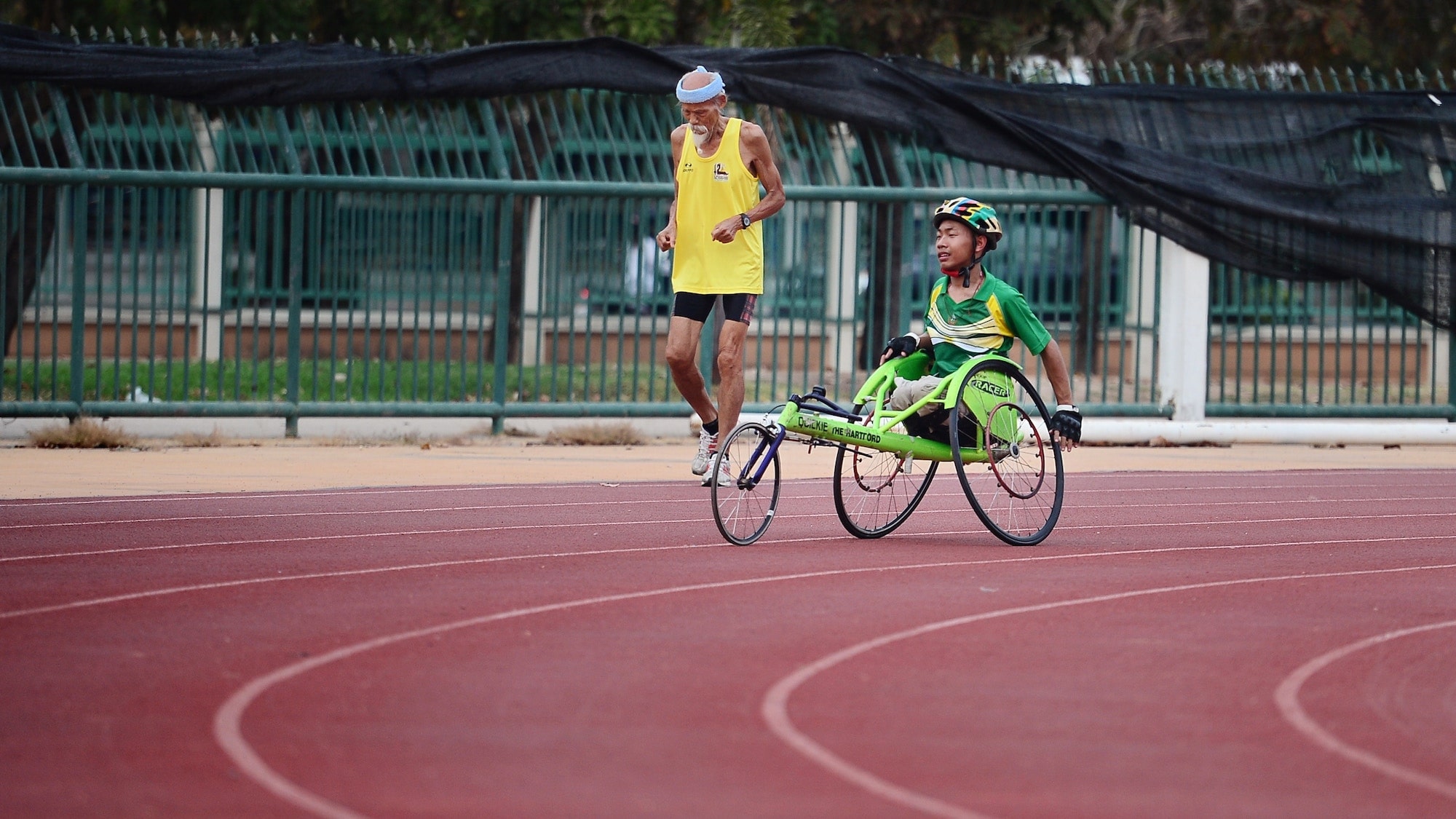Learned helplessness or learned resourcefulness? It primarily depends on one’s upbringing or prior training.
When Marty Seligman and Steve Maier were doing research on learned helplessness, Abram Amsel and I did a number of important studies on generalized persistence and resourcefulness by raising and training baby rats under deprivation and non-contingent aversive stimuli or frustrative non-reward, and then testing them in adulthood in various learning situations.
The good news was that the rats “born poor and suffering” actually grew up resilient, demonstrating amazing resourcefulness, persistence, courage, optimism, and capacity for self-control and learning. This was the beginning of my research on the positive psychology of suffering in the early 70s.
A major parenting magazine interviewed me about the parenting implication of my studies. One of my studies has been cited in Philip Zimbardo’s Introduction to Psychology textbook.
I am very pleased that Michael Rosenbaum (1990) has replicated and extended our research in humans. His research has been widely-cited in nursing and clinical literature.
For myself, my early research on learned resourcefulness and persistence has led to the development of the deep-and-wide hypothesis of creativity (Wong & Worth, 2017), youth resilience training (Wong & Wong, 2012), the four-factor-model of true grit (Wong, 2018), and meaning therapy in treating trauma (Wong, 2005).
It is still puzzling to me why positive psychologists still ignore this line of research, which provides many innovative ideas for positive psychology research and intervention.
Those who are interested in this area, please contact me at drpaulwong@gmail.com
References
- Rosenbaum, M. (1990). Learned resourcefulness on coping skills, self-control, and adaptive behavior. New York, NY: Springer.
- Wong, P. T. P. (2005). Trauma recovery and the promises of positive existential psychology [Review of the book Coping with trauma: Hope through understanding (2nd ed.)]. PsycCRITIQUES, 50(12). https://doi.org/10.1037/051307
- Wong, P. T. P. (2018, May 11). Four-factor theory of true grit. Dr. Paul T. P. Wong. Retrieved from http://www.drpaulwong.com/four-factor-theory-of-true-grit/
- Wong, P. T. P., & Wong, L. C. J. (2012). A meaning-centered approach to building youth resilience. In P. T. P. Wong (Ed.), The human quest for meaning: Theories, research, and applications (2nd ed., pp. 585-617). New York, NY: Routledge.
- Wong, P. T. P., & Worth, P. (2017). The deep-and-wide hypothesis in giftedness and creativity [Special issue]. Psychology and Education, 54(3/4). Retrieved from http://www.psychologyandeducation.net/pae/category/volume-54-no-3-4-2017/
Cite
Wong, P. T. P. (2019, May 7). Learned helplessness or learned resourcefulness? Dr. Paul T. P. Wong. Retrieved from http://www.drpaulwong.com/learned-helplessness-or-learned-resourcefulness/

 Meaning Conference 2025 will be the INPM’s first in-person conference with a virtual option after the pandemic.
Meaning Conference 2025 will be the INPM’s first in-person conference with a virtual option after the pandemic.